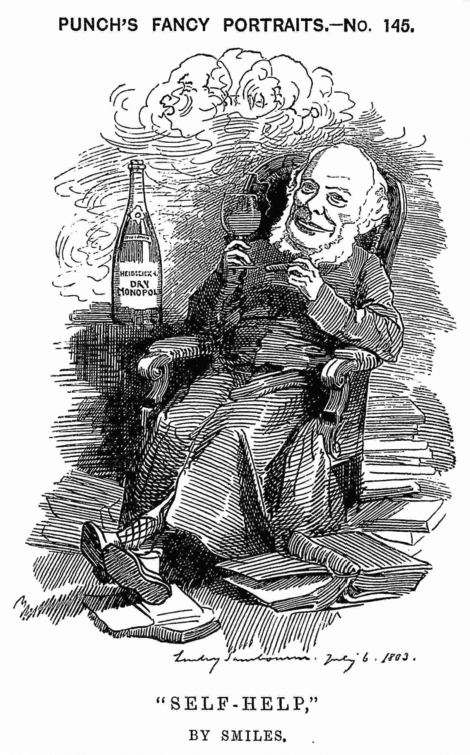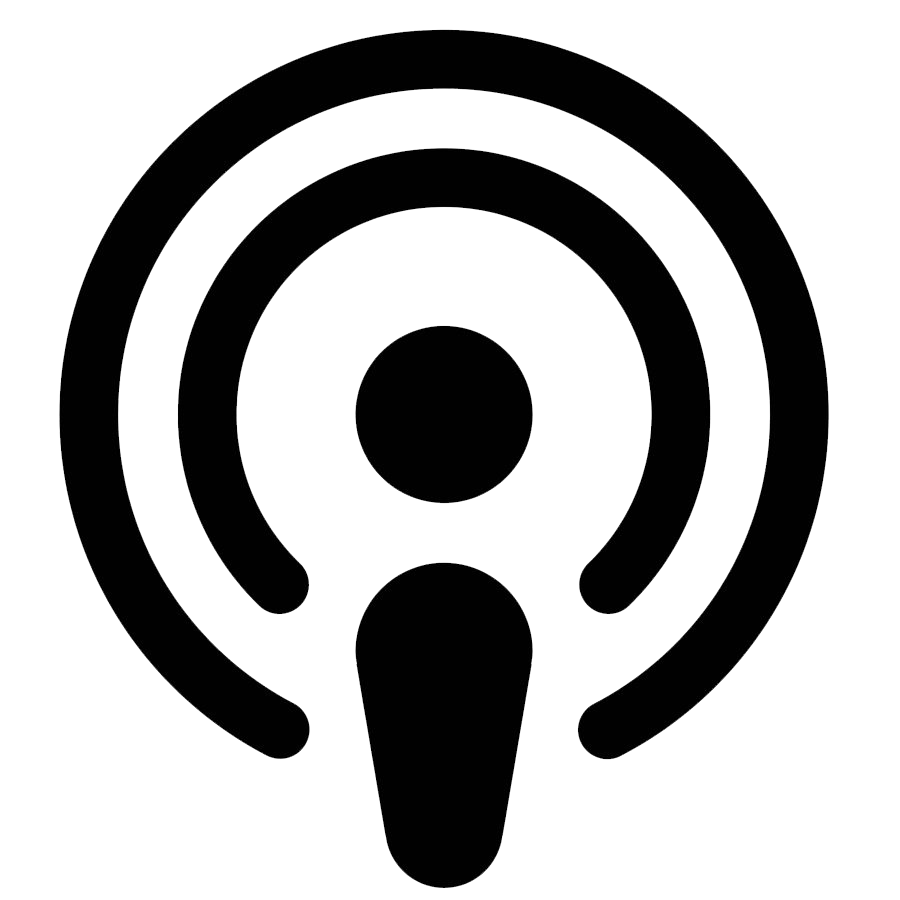Welcome to the Podcasts Project website associated with English 490S-10, “Self-Help Narratives,” a spring 2021 undergraduate course at Duke University. This course is taught by Professor Kathy Psomiades, and the Podcasts Project is designed and taught by Emma Davenport.
The Course

This course examines self-help writing as genre and as cultural phenomenon. From business advice about productivity and entrepreneurship, to instructions on how to dress and decorate so as to reveal one’s “true self,” to the podcasts that advocate achieving happiness through positive thinking and self-love, self-help is ubiquitous. This course makes self-help its object of study, using the methods of theorists of culture like Michel Foucault and Herbert Marcuse; it also examines literary writing from the nineteenth century to the present that speaks to the formation of the self. This course focuses on the theories and methodologies that allow us to analyze and criticize self-help, as well as on the reading techniques that allow us to understand the narrative pleasures that self-help offers.
The Project
In recent years, podcasts have become a prime vehicle for the creation, distribution, and consumption of knowledge and entertainment. Competency in both the design and analysis of podcasts as a modern media tool constitutes an important element of digital literacy, useful to undergraduates as a skill transferable among a variety of disciplines and essential to active engagement in the contemporary media environment.

Podcasts are also a particularly apt learning tool for a course thematically centered on the concept of self-help. The affordances of podcasts–their orientation towards education and entertainment, their brevity and seriality, their ability to be consumed during commutes and other otherwise “unproductive” time, their conversational informality–have proven attractive to the self-help industry. Self-improvement advice has become one of the most ubiquitous podcast genres. Podcasting thus provides an opportunity for thematically-appropriate, authentic assessment of learning for this course in particular.
The aim of this project’s design is to make accessible to faculty and undergraduate students the knowledge and resources necessary to take advantage of the affordances of podcasts as a teaching and learning tool. Thus, in addition to providing the students of English 490 with an engaging alternative to more conventional end-of-semester assessments, this project seeks to create a robust, flexible, and iterable set of instructional materials that can be adapted for use by faculty teaching a wide variety of subjects who wish to implement a podcast project into their courses. Project materials on this website are thus offered for free download and use by instructors under a CC BY-NC license.
A central concern of this project, especially but not exclusively in light of COVID-19, is accessibility. This project was developed to employ readily-available free software to ensure that students have equitable access to the benefits of the module, regardless of their level of access to university spaces and resources.
Components of the project are:
-
- An assignment overview;
- An introductory activity;
- A detailed explanation of project elements and procedures;
- A sample release form for posting student work to a public-facing website;
- Rubrics for individual and group components of the project, as well as a student self/peer evaluation form;
- A project evaluation form to gather feedback from students;
- Podcasts created by the students of English 490, both individually and in teams.
This project was developed by Emma Davenport, PhD candidate in English at Duke University, as an Anne T. and Robert M. Bass Digital Education Fellow through the joint sponsorship of Duke Graduate School and Duke Learning Innovation.